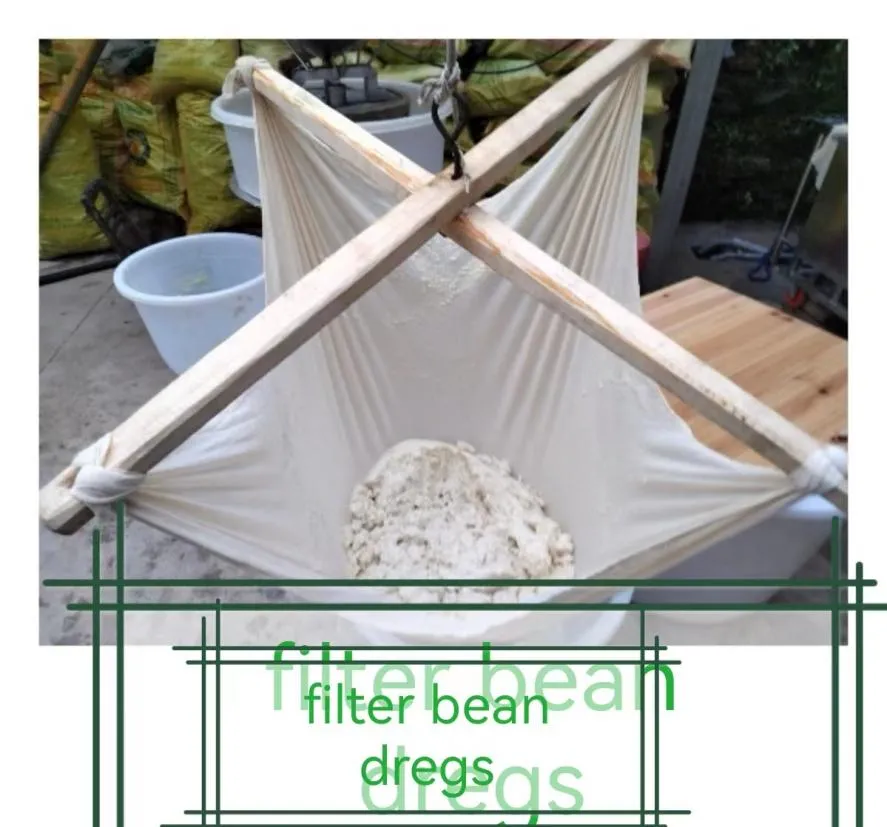-
 Afrikaans
Afrikaans -
 Albanian
Albanian -
 Amharic
Amharic -
 Arabic
Arabic -
 Armenian
Armenian -
 Azerbaijani
Azerbaijani -
 Basque
Basque -
 Belarusian
Belarusian -
 Bengali
Bengali -
 Bosnian
Bosnian -
 Bulgarian
Bulgarian -
 Catalan
Catalan -
 Cebuano
Cebuano -
 China
China -
 Corsican
Corsican -
 Croatian
Croatian -
 Czech
Czech -
 Danish
Danish -
 Dutch
Dutch -
 English
English -
 Esperanto
Esperanto -
 Estonian
Estonian -
 Finnish
Finnish -
 French
French -
 Frisian
Frisian -
 Galician
Galician -
 Georgian
Georgian -
 German
German -
 Greek
Greek -
 Gujarati
Gujarati -
 Haitian Creole
Haitian Creole -
 hausa
hausa -
 hawaiian
hawaiian -
 Hebrew
Hebrew -
 Hindi
Hindi -
 Miao
Miao -
 Hungarian
Hungarian -
 Icelandic
Icelandic -
 igbo
igbo -
 Indonesian
Indonesian -
 irish
irish -
 Italian
Italian -
 Japanese
Japanese -
 Javanese
Javanese -
 Kannada
Kannada -
 kazakh
kazakh -
 Khmer
Khmer -
 Rwandese
Rwandese -
 Korean
Korean -
 Kurdish
Kurdish -
 Kyrgyz
Kyrgyz -
 Lao
Lao -
 Latin
Latin -
 Latvian
Latvian -
 Lithuanian
Lithuanian -
 Luxembourgish
Luxembourgish -
 Macedonian
Macedonian -
 Malgashi
Malgashi -
 Malay
Malay -
 Malayalam
Malayalam -
 Maltese
Maltese -
 Maori
Maori -
 Marathi
Marathi -
 Mongolian
Mongolian -
 Myanmar
Myanmar -
 Nepali
Nepali -
 Norwegian
Norwegian -
 Norwegian
Norwegian -
 Occitan
Occitan -
 Pashto
Pashto -
 Persian
Persian -
 Polish
Polish -
 Portuguese
Portuguese -
 Punjabi
Punjabi -
 Romanian
Romanian -
 Russian
Russian -
 Samoan
Samoan -
 Scottish Gaelic
Scottish Gaelic -
 Serbian
Serbian -
 Sesotho
Sesotho -
 Shona
Shona -
 Sindhi
Sindhi -
 Sinhala
Sinhala -
 Slovak
Slovak -
 Slovenian
Slovenian -
 Somali
Somali -
 Spanish
Spanish -
 Sundanese
Sundanese -
 Swahili
Swahili -
 Swedish
Swedish -
 Tagalog
Tagalog -
 Tajik
Tajik -
 Tamil
Tamil -
 Tatar
Tatar -
 Telugu
Telugu -
 Thai
Thai -
 Turkish
Turkish -
 Turkmen
Turkmen -
 Ukrainian
Ukrainian -
 Urdu
Urdu -
 Uighur
Uighur -
 Uzbek
Uzbek -
 Vietnamese
Vietnamese -
 Welsh
Welsh -
 Bantu
Bantu -
 Yiddish
Yiddish -
 Yoruba
Yoruba -
 Zulu
Zulu
Effective Protection with Durable Black Insect Netting for Your Garden and Outdoor Spaces
The Benefits of Black Insect Netting A Comprehensive Overview
In recent years, the agricultural industry has witnessed significant advancements in pest control methods, with black insect netting emerging as a popular and effective solution. This innovative pest management technique revolves around the use of finely woven fabric, typically made from polyethylene or nylon, to create a protective barrier against harmful insects while also allowing for essential environmental factors like sunlight and moisture to reach plants. The benefits of black insect netting are numerous, making it a favored choice among both commercial farmers and home gardeners.
One of the primary advantages of black insect netting is its ability to protect crops without the need for harmful pesticides. Pesticides can have adverse effects on the environment, including the depletion of beneficial insect populations, soil degradation, and water contamination. By using black insect netting, farmers can create a physical barrier that prevents pests such as aphids, whiteflies, and moths from reaching their plants. This method of pest control is not only safer for the environment but also promotes healthier ecosystems, preserving beneficial insects that contribute to pollination and natural pest control.
Another significant benefit of black insect netting is its effectiveness in microclimate management. The lightweight fabric can help create a microclimate around the plants, offering shade during periods of intense sunlight and protecting them from adverse weather conditions like hail or strong winds. Additionally, the netting helps to retain moisture in the soil, reducing the need for frequent irrigation. This is particularly beneficial in regions marked by erratic rainfall patterns, allowing for more sustainable water usage.
black insect netting

In terms of crop yield, studies have shown that the use of black insect netting can lead to higher productivity levels. By minimizing pest damage, farmers can expect healthier, more robust plants that produce higher quality fruits and vegetables. This increase in yield can significantly enhance the profitability of agricultural operations, making it an economically wise investment. Furthermore, crops protected by insect netting often experience less disease, as many plant diseases are transmitted by insects. This results in fewer losses and less reliance on chemical treatments.
Black insect netting also provides flexibility and adaptability in various agricultural practices. It can be used in a variety of farming systems, including organic farming, permaculture, and traditional horticulture. The netting comes in various sizes and densities, allowing farmers to choose the option best suited for their specific needs. Whether it’s covering a small garden plot or a large commercial field, black insect netting can be tailored to fit any situation.
Moreover, the aesthetic appeal of black insect netting can be an added advantage. Its darker hue blends nicely with the natural colors of the garden or farm, making it less intrusive than other types of pest control measures. This quality can be particularly important for landscaping and decorative gardens where visual appeal is a significant concern.
In conclusion, black insect netting represents a sustainable, effective, and versatile solution for pest control in agriculture and gardening. By providing a barrier against harmful insects, promoting positive microclimate conditions, and enhancing crop yield, it stands as a testament to the progression towards more environmentally friendly farming practices. As the industry continues to evolve, the adoption of such innovative solutions will be crucial in creating a more sustainable future for agriculture, ensuring that farmers can produce high-quality crops while preserving the planet’s ecological balance.
-
Shipping Plastic Bags for Every NeedNewsJul.24,2025
-
Safety Netting: Your Shield in ConstructionNewsJul.24,2025
-
Plastic Mesh Netting for Everyday UseNewsJul.24,2025
-
Nylon Netting for Every UseNewsJul.24,2025
-
Mesh Breeder Box for Fish TanksNewsJul.24,2025
-
Expanded Steel Mesh Offers Durable VersatilityNewsJul.24,2025











